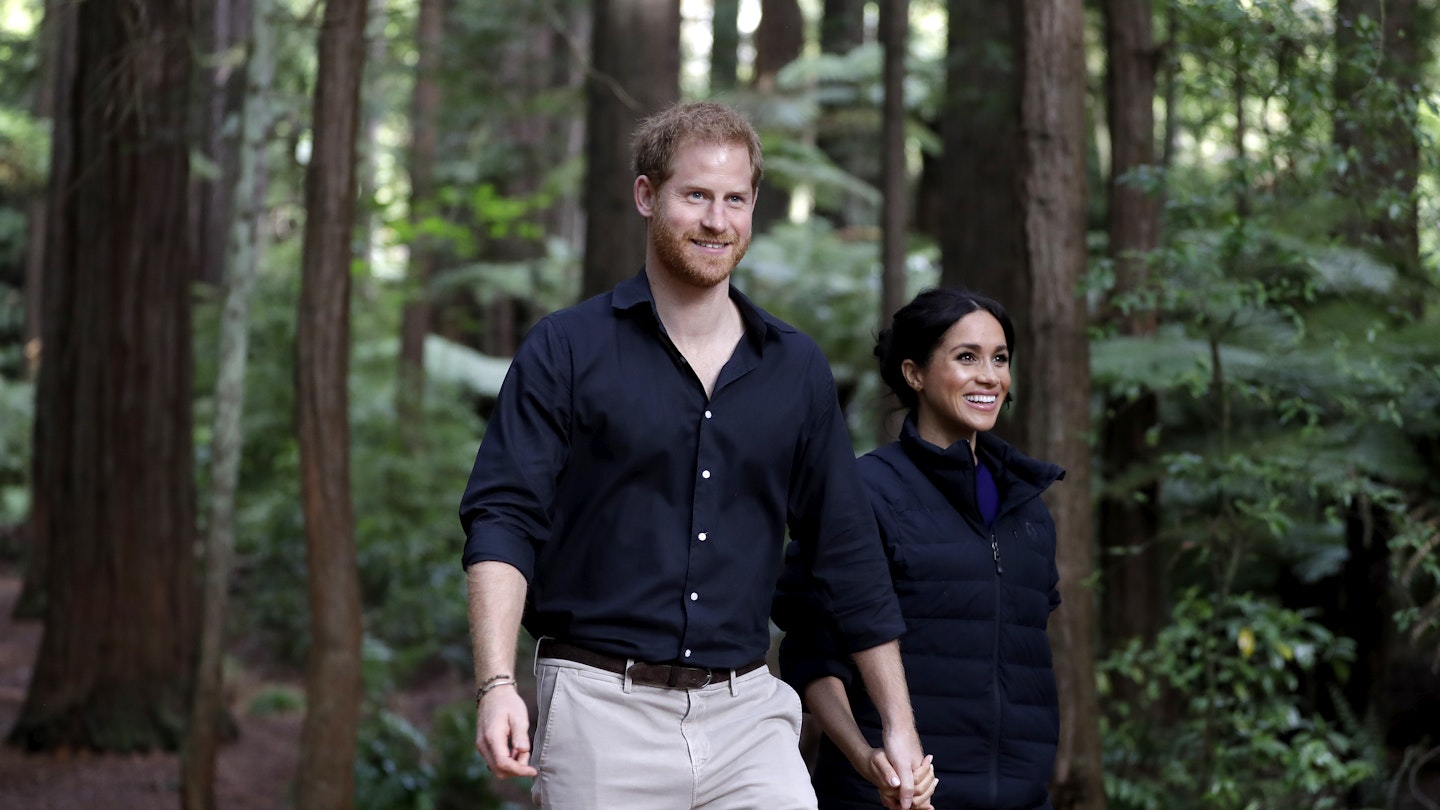Sustainable Travel: Considering the Impact of Flying
Recently, there has been significant debate surrounding Prince Harry and Meghan Markle’s high-carbon travel habits. They have faced accusations of hypocrisy related to their statements on climate change and the importance of individual behaviors.

Much of this outrage probably stems more from biases about certain members of the royal family than from a genuine concern for the environment. However, alongside Elton John’s justification for their flights—he purchased carbon offsets for them—this story has rekindled a necessary debate about air travel, its contribution to global warming, and what actions we ought to take.
The Personal Impact of Air Travel
This debate is particularly relevant to me. Now aged 37, I’ve traveled extensively throughout my life. Like many relatively affluent individuals of my generation, I’ve worked abroad and backpacked, often relying on travel guides. However, as I became more aware of the significant and growing impact of flying on the environment during my PhD studies, I grew uncomfortable with air travel. As a vegetarian and cyclist, seeking to consume ethically, I found my travel habits clashed with my desire to mitigate climate change.
For a few years, I reduced my flights and invested in carbon offsets when I did fly. Yet, after the 2018 IPCC report warned that the opportunity to prevent irreversible climate change may close in under a decade, I recognized that carbon offsetting, which once appeared to be a viable solution, is increasingly inadequate regarding its timeliness, effectiveness, and ethical implications.

The Inadequacies of Carbon Offsetting
A plane that flies today emits carbon today, while trees require years to grow and effectively reduce carbon dioxide. In terms of effectiveness, a recent EU study found that 85% of offset projects studied failed to deliver the promised carbon reductions. Ethically speaking, carbon offsets can be viewed as a way to evade personal responsibility. Although many offset schemes have noble intentions, they should be considered more as a form of charity rather than a scientifically sound means of achieving “carbon neutrality”. Other charitable initiatives could better utilize a traveler’s funds.
After reviewing the IPCC report, I signed the Flight Free UK pledge to refrain from flying in 2019 and recently committed again for 2020. Altering my flying behaviors, which for most people contribute the largest portion of individual carbon footprints, felt like a necessary and dramatic response to the looming threat of climate breakdown, particularly as it disproportionately affects the world’s less fortunate—those least likely to travel.
Alternatives to Air Travel
Each person’s ability to avoid flying depends significantly on geography and available alternatives. In the UK, for example, a comprehensive network of ferry services and the Eurostar connect to Europe’s extensive rail system. Earlier this year, I traveled to China by train for research, and I can attest to the outstanding rail infrastructure across Eurasia.

However, individuals residing in remote areas such as New Zealand or nations with limited rail infrastructure like the United States may find fewer non-flying options, presenting unique challenges. In the UK, many flights only occur due to artificially low prices, leading to excessive short-haul leisure trips. In 2018, more Brits flew abroad than any other nationality, highlighting a concerning trend.
Changing Policy for Sustainable Travel
To address these issues, we need to implement several policies. First, we should create an international consensus to amend the “Chicago convention” to eliminate the tax-free status of international jet fuel. This policy has led to extensively low fares, disadvantaging other transport modes, such as overnight trains in Europe, that have been canceled due to economic factors.
Secondly, national governments could introduce a Frequent Flyer Levy (FFL), ensuring that frequent flyers contribute more. Presently, a minority of passengers account for a significant majority of flights in the UK, suggesting that an FFL could balance travel opportunities for the less affluent while holding frequent travelers accountable.
Lastly, it is crucial to invest the income generated from these taxes and levies into enhancing high-speed rail services, sleeper trains, and researching sustainable fuels for aviation. Current alternatives struggle to compete against cheap and untaxed jet fuel.
Conclusion: The Path Forward
In the meantime, we should strive to minimize flying wherever possible rather than relying solely on offsets to address the consequences of our travel. Reducing flying demand can lead to airlines cutting back on flights—an outcome observed in Sweden this year—and it sends a cultural message that there is a significant demand for responsible regulation of aviation emissions.
If Harry and Meghan’s air travel habits have sparked a broader discussion on this subject, that is undoubtedly a positive outcome. Instead of merely criticizing high-profile individuals for their perceived “hypocrisy,” we should take a moment to self-reflect. In a relative global context, those of us able to travel internationally hold considerable privilege and responsibility.
Dr. Roger Tyers researches sustainable consumption, carbon offsetting, and aviation taxes at the University of Southampton.





